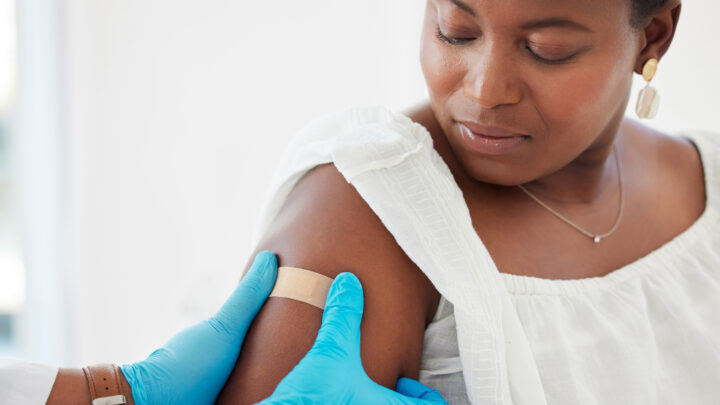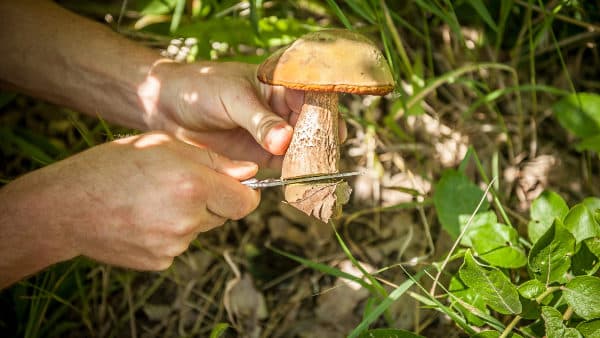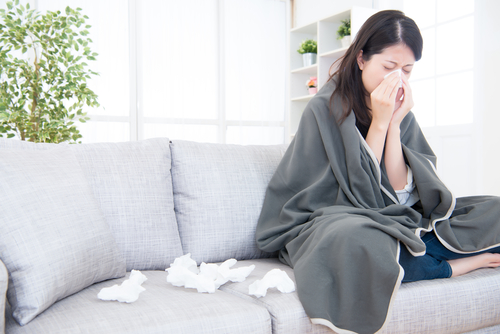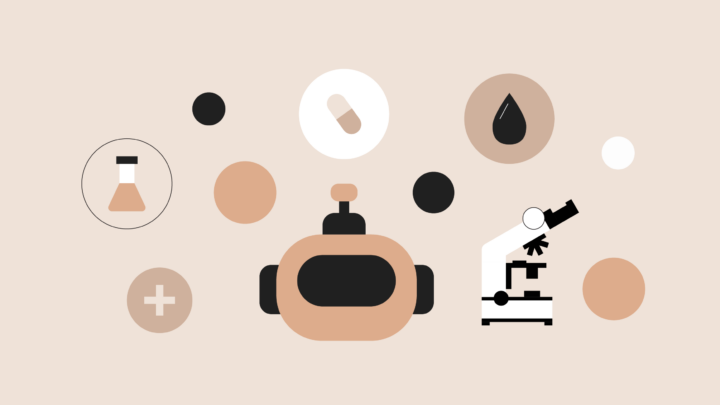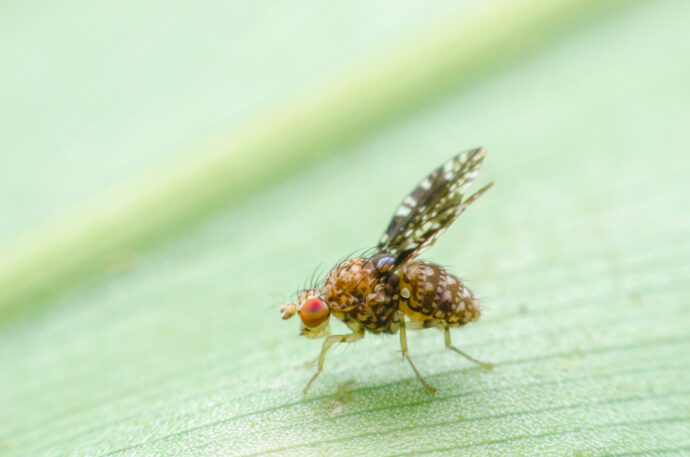
We have all seen those black bugs flying around decayed fruit and asked ourselves, what exactly are these tiny flies, and do they pose a health risk?
Fruit flies are an annoying and often disgusting presence. Commonly seen in warm temperatures or when fruit has been left out for a while, they can seemingly appear out of nowhere and multiply.
Concerned patients may ask if ingesting fruit flies or the debris left on their food from them could cause gastrointestinal or even immune illness. In fact, If I got paid a dollar for every time a patient asked if fruit flies carry disease, I could have retired years ago.
Today, we are bringing you the science of the matter to uncover what risks, if any, fruit flies pose to humans.
Where do fruit flies come from?
Fruit flies are a species of insect in the Drosophilidae family. Some other common names for them are little flies, fruit gnats, and drain flies. These insects often show up near decaying fruit and may also be seen near fruit that appears still fresh or trash cans with spoiled food inside. They reproduce very rapidly, so ripe fruit that only has a few fruit flies may quickly grow into an infestation if the small insects and fruit fly eggs are left to grow for too long. A large fruit fly infestation can reach into the thousands.
Can fruit flies bite humans?
Fruit flies do not feed on blood, and they do not have biting mouthparts so there is no risk in this regard.
Fruit flies as a source of illness and bacteria
Fruit flies themselves are not associated with any specific illness However, there are some concerns about them carrying bacteria from one place to another and contaminating food with infectious microorganisms such as salmonella, E. coli, and listeria.
In fact, the spread of fruit flies from one region to a faraway location has been seen in transporting food from one country to another. This has been postulated as a means of transporting infectious microorganisms from endemic areas and spreading infectious diseases to populations that are not immune. It’s also one reason why many countries monitor and restrict certain fruits and plants to reduce the spread of foreign insect eggs into the ecosystem that lead to developing larvae.
Can fruit flies make you sick?
Strangely enough, despite the disgust factor, no specific medical illnesses are associated with accidentally ingesting fruit flies or eating food that they have touched. Spoiled food and rotting produce can make people sick for several reasons, but not because of little insects. If you are wondering “are fruit flies harmful”? In short, the answer is no.

Patient health concerns surrounding infestations
The proliferation and the spread of fruit flies often contribute to the widespread destruction of valuable produce by contaminating it. Public health concerns and misinformation can cause alarm for patients, particularly parents, who may be apprehensive about their children’s exposure to these tiny bugs.
What do fruit flies eat as a food source?
Here are the most common things they eat:
- Overripe fruits and vegetables
- Rotting food produce
- Yeast or fungi
- Bacteria or mold spores
- Organic materials such as juice, vinegar, beer, and wine residue.
- Sugars found in food crumbs
- Dead insects and other organic matter
- Pollen grains from flowers.
How to get rid of a fruity fly infestation in your home or kitchen
To get rid of fruit flies, the name of the game is to dispose of as many potential breeding sites as possible. Here are a few proven low-cost methods:
- Use apple cider vinegar as a fruit fly trap: Fill a small bowl with apple cider vinegar, cover it with plastic wrap and poke a few holes in the top. The fruit flies will be attracted to the scent of the apple cider vinegar and get trapped inside, making for a low-cost trap.
- Clean up food particles: Vacuum or sweep up any food particles or crumbs that may have been left around your kitchen as this can attract fruit fly activity. Get rid of fruit and any other rotting produce as soon as possible.
- Place a sticky fruit fly trap around your home: Use sticky traps, such as those containing pheromones, near areas where you’ve seen them congregating to catch them before they breed.
- Keep trash closed tightly and out of reach: Make sure all trash cans are closed tightly and out of reach from fruit flies. By eliminating the source of what they eat and taking the trash out on time, you will prevent fruit fly breeding grounds from forming in the first place.
- Wash dishes immediately after use to remove attractants: Washing dishes right away after meals prevent any leftover food debris, which can attract adult fruit flies. Also, make sure to regularly drain and clean out garbage disposals.

Is there a treatment for fruit fly ingestion?
While patients might want to get rid of fruit flies because they are considered unsightly or even embarrassing, there is not a medical treatment specifically for the exposure to them. Anxious patients should be reassured that fruit flies are not dangerous to their health.
If patients become sick due to a microorganism carried by fruit flies, it is difficult to really trace the source of the infection. However, the infectious illness should be diagnosed on its own, and the treatment should be directed toward the specific microorganism and not in any way to the bugs. Treat it as a microorganism disease, not a fruit fly disease and advise the patient to get rid of the source of the fruit flies.
Have you ever had patients ask you about the health risks of fruit flies? Join the discussion on Sermo!
Sources:
Analysis of Seasonal Risk for Importation of the Mediterranean Fruit Fly, Ceratitis capitata (Diptera: Tephritidae), via Air Passenger Traffic Arriving in Florida and California, Szyniszewska AM, Leppla NC, Huang Z, Tatem AJ, J Econ Entomol. 2016 Sep 4. pii: tow196
Bio

Heidi Moawad MD, author of Careers Beyond Clinical Medicine, is a neurologist and a medical writer. Dr. Moawad currently sees patients in the telemedicine setting and teaches human physiology and global health at John Carroll University in Cleveland, Ohio. An active member of the American Academy of Neurology, Heidi Moawad is on the payment policy committee of the American Academy of Neurology, has written peer reviewed articles, is on the Editorial Board of Neurology Clinical Practice and regularly contributes to several online health websites, including about.com. Dr. Moawad has experince as a clinical neurologist and as a consultant in the health insurance industry.
Dr. Heidi Moawad is a graduate of Case Western Reserve University School of Medicine and trained at Northwestern Evanston Hospital in Evanston, Illinois in Internal Medicine internship and University of Chicago Hospital in Chicago, Illinois in Neurology.

